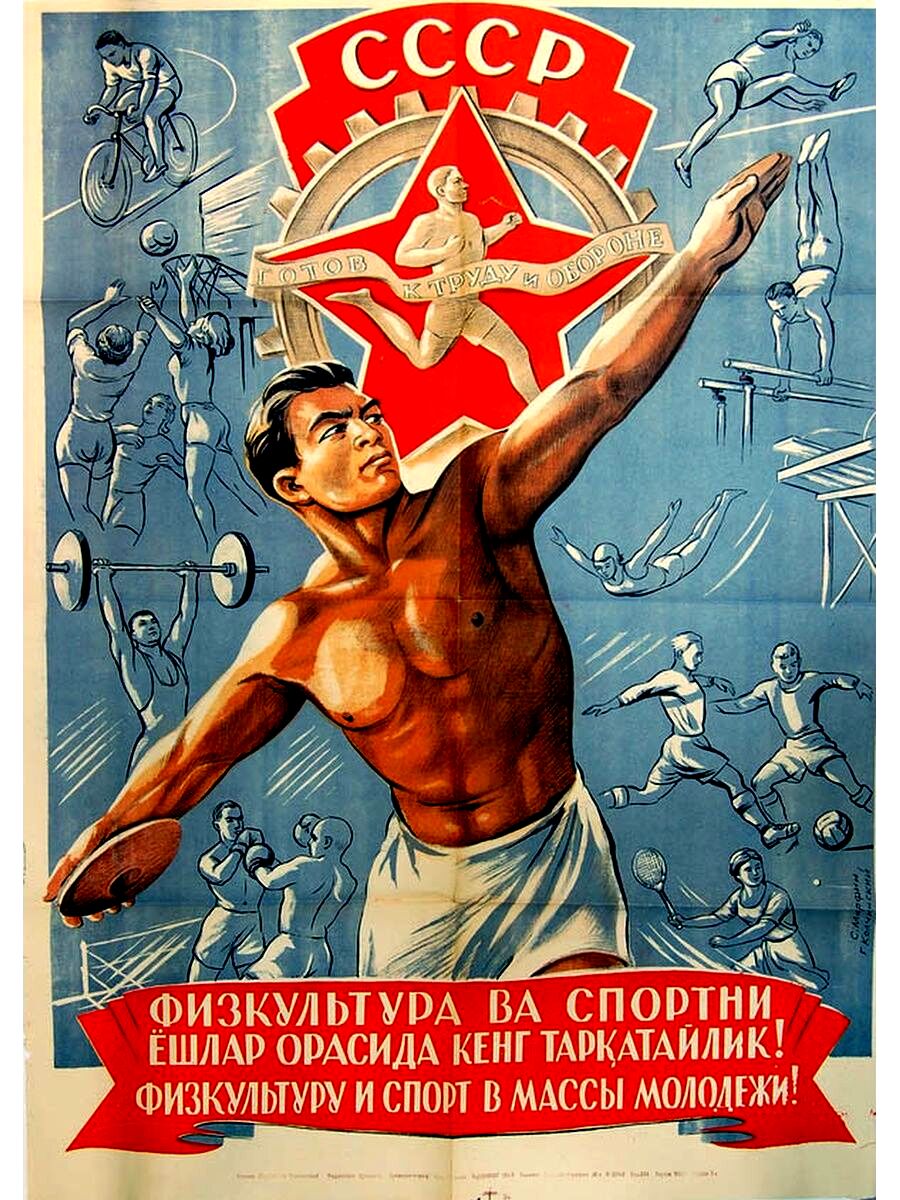- You never have a billionaire owner who destroys the team with meddling
- You never have a billionaire's failson in your personnel department or something
- The city never gets extorted into building a billion-dollar stadium for a billionaire owner
- The team never moves
- You never have an ownership group that prioritizes profit maximization over on-field competitiveness

Dude I’d kill for that. I’ve been a Manchester United fan all my life, and it’s disgusting what the glazers have turned that club into since taking over. On field results matter only insofar as we perform well enough for the sponsorships to keep rolling in. The problem is rampant throughout the sport but we do it better than most.
Thank god they didn't sell to the Saudis yet. I mean the Glazers are obviously inbred Central Park material, but imagine the Saudis owning this club.
IMO something like the German 50+1 rule would be very good for a start:
Except if you're Red Bull. Then the rules are basically optional.
I think, if my memory serves me right, it is a similar issue as with UEFAs FFP rules.
If someone with enough money comes around the corner and won't back down, they would most likely lose a case because of some EU economic competition bullshit.
You are correct it is not ideal, but that is why I said it might be a good place to start, see what they did and improve upon it.
Here's a good article on how this works in the NFL. The whole thing is pretty long but the "sacrifice competitiveness to maximize profits" part is at the beginning and fairly short.
Probably the most egregious league for this is the MLB. Every team is worth at least $1 billion, and you don't get that sort of valuation unless you have large, consistent revenues (unless you're a tech startup, but that's another story). Yet you still see tons of teams spending relative pennies long-term -- it's not even a tanking strategy, it's just being cheap.